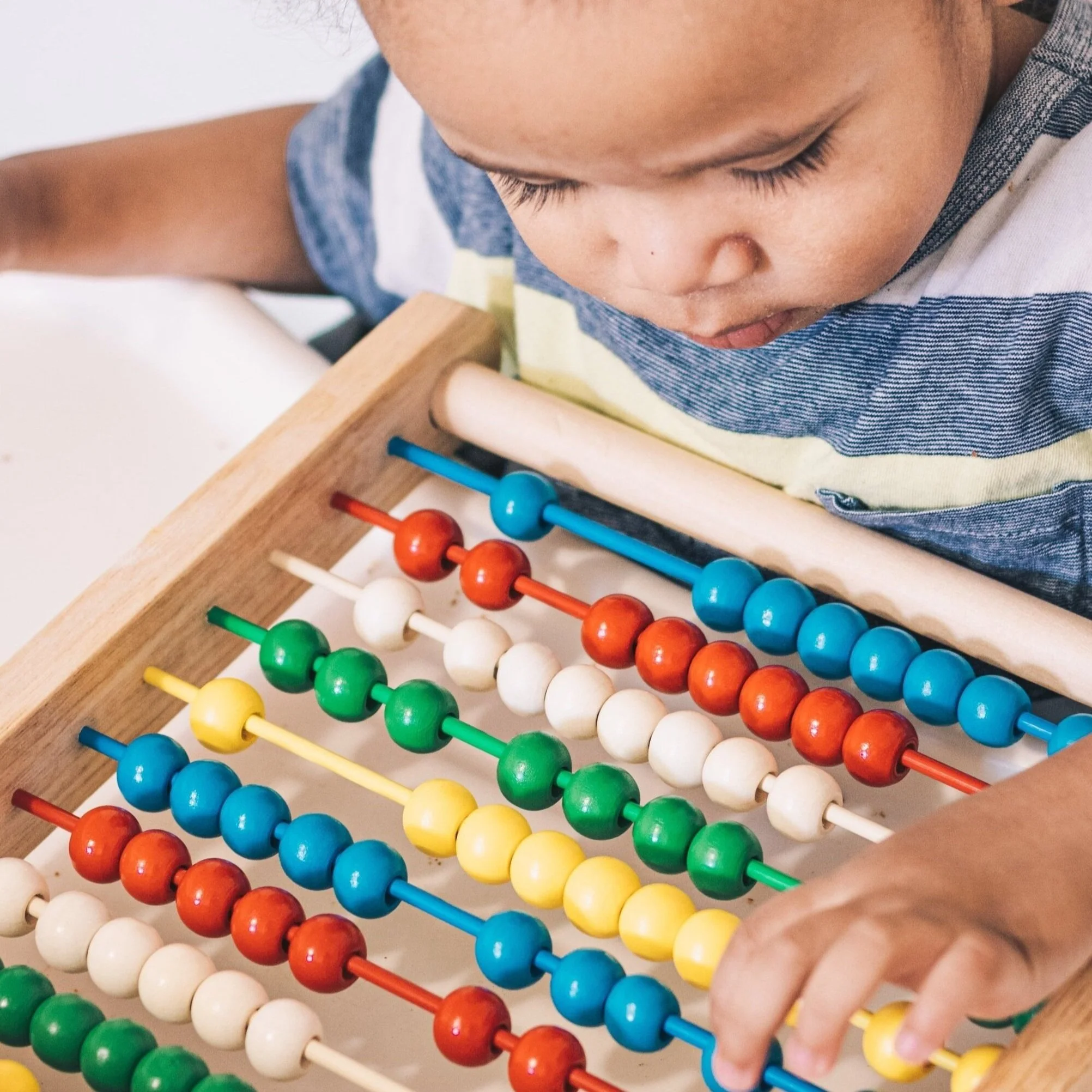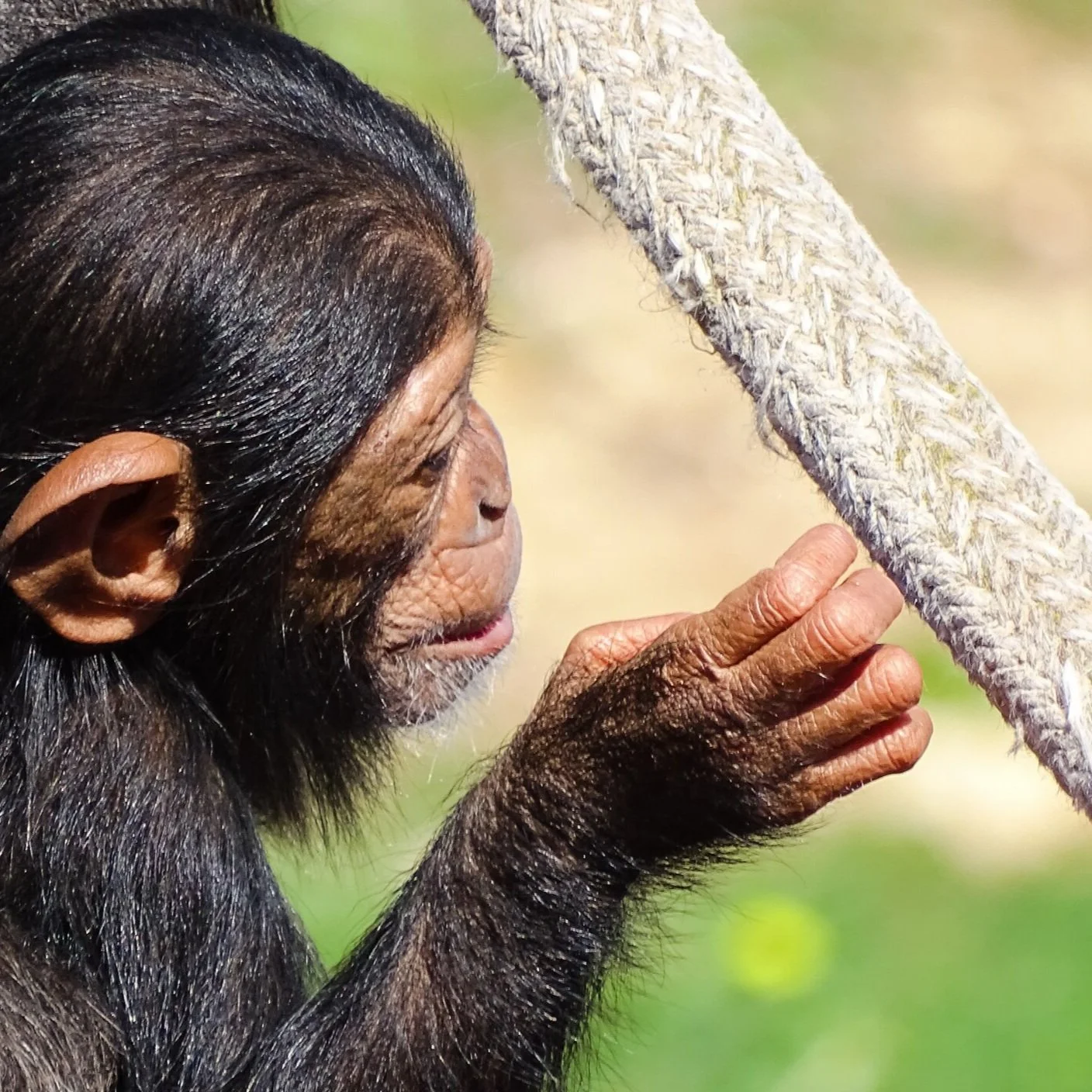Curiosity
Young children are notoriously curious. They want to know how things work, why they are the way that they are, and other important things, like why crabs don’t have eyebrows. How do children get this way? Where does this (seemingly endless) drive for new information come from? In our lab, we are working hard to understand the earliest foundations of curiosity in infancy, toddlerhood, and early childhood. We explore questions such as how infant and children reason about and fill gaps in their knowledge, as well as what caregivers and educators can do to help shape and scaffold early curiosity.
This line of research is supported by a 5-year CAREER grant from the National Science Foundation, “Cultivating Curiosity to Promote Learning and Discovery”.
Example Publications
Vaisarova, J., Kiefer, S., Şen, H. H., Todd, P., & Lucca, K. (2024). Where should I search next? Messages embedded in storybooks influence children’s strategic exploration in Turkey and the United States. Journal of Experimental Psychology: General.
Lucca, K. (2020). The development of information-requesting gestures in infancy and their role in shaping learning outcomes. Book chapter in The Questioning Child: Insights from Psychology and Education. Butler, L., Ronfard., S., & Corriveau, K. (Eds.). Cambridge, UK: Cambridge University Press.
Lucca, K., & Wilbourn, M.P. (2018). The what and the how: Information-seeking pointing gestures facilitate learning object labels and functions in 18-month-olds. Journal of Experimental Child Psychology. *Video Feature by Ivanhoe Broadcast: Learning by Pointing
Lucca, K., & Wilbourn, M.P. (2016).Communicating to learn: Infants’ pointing gestures reflect an optimal state for learning. Child Development.
Social decision making, persistence, and problem solving
How do young learners decide who to interact with, and how to act on the world around them? How do they reason about what actions are worth their effort, or who might make a good social partner? We know that children, and even infants, are very good at making these kinds of decisions, but we know very little about how they acquire these types of reasoning and decision making abilities. In our lab, we are conducting a series of studies that explore what factors (e.g. the social and cultural environment) shape early social decision making and problem solving.
Example Publications
Kiefer, S., Caballero, A., & Lucca, K. (2023). The role of effort type and intensity in children’s decisions about effort-based outcomes. Infant and Child Development
Lucca, K., Horton, R., & Sommerville, J. (2020) Infants rationally decide when and how to deploy effort. Nature Human Behavior. Vol 4: 372-379.
Lucca, K., Horton, R., & Sommerville, J. (2019) Keep Trying!: Parental language predicts infants’ persistence. Cognition.
Lucca, K. & Sommerville, J. (2018) The little engine that can: Infants’ persistence matters. Trends in Cognitive Science.
Lucca, K., Popisil, J, & Sommerville, J. (2018).Fairness informs social decision making in infancy.PLOS ONE.
Open science
Our lab is committed to open science and best practices for reproducibility. We are part of the ManyBabies project, a collaborative project for replication and best practices in developmental psychology research.
Currently, our lab is helping lead the ManyBabies4 project, a large-scale, international research project examining infants’ early social evaluations. As of summer 2021, we have 62 labs from 17 countries signed up to collect data from 1,400+ babies! If you are interested in collaborating with us, you can sign up on our website here.
Example Publications
Lucca, K. Byers-Heinlein, K., Capelier-Mourguy, A., Cirelli, L., Dal Ben, R., Frank, M., Henderson, A., Kominsky, J., Liberman, Z., Margoni, F., Reschke, P., Schlingloff, L., Scott, K., Soderstrom, M., Sommerville, J., Su, Y., Tatone, D., Uzefovsky, F., Wang, Y., Yuen, F., Hamlin., K & the ManyBabies4 Consortium (accepted in-principle, Registered Report, Developmental Science). Infants’ social evaluation of helpers and hinderers: A large-scale, multi-lab, coordinated replication study.
Evolutionary origins of cognition and communication
All animals think and communicate in complex ways. Yet, humans are the only species to acquire language, pass on culture, and build institutions. How did we get this way? In a series of studies, we are exploring the evolutionary foundations of uniquely human cognition by conducting comparative research across species. Due to the COVID-19 pandemic, this line of research is currently on hold.
Example Publications
Lucca, K., MacLean, E., & Hare, B. (2017). The development and flexibility of gaze alternations in bonobos and chimpanzees. Developmental Science. doi: 10.1111/desc.12598




